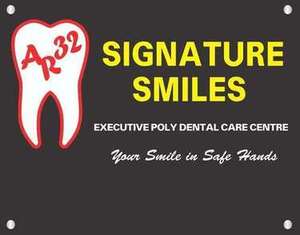1. Poor Oral Hygiene
Inadequate brushing and flossing allow plaque to accumulate on the teeth. Plaque is a sticky film of bacteria that produces acids when exposed to sugars from food and beverages. These acids gradually erode the tooth enamel, leading to cavities.
2. High Sugar and Starch Consumption
Consuming foods and drinks high in sugar and starch provides a food source for the bacteria in the mouth. Bacteria break down these carbohydrates into acids that attack the tooth enamel, increasing the risk of dental caries.
3. Frequent Snacking
Snacking frequently throughout the day, especially on sugary or starchy foods, increases the time during which teeth are exposed to acid attacks. This continuous exposure can contribute to the development of cavities.
4. Acidic Foods and Drinks
Consuming acidic foods and beverages, such as citrus fruits, sodas, and sports drinks, can also contribute to tooth decay. Acidic substances can erode the tooth enamel directly, making the teeth more vulnerable to decay.
5. Insufficient Fluoride Exposure
Fluoride is a mineral that helps strengthen tooth enamel and protect against decay. Insufficient exposure to fluoride, whether through fluoridated water, toothpaste, or professional treatments, can increase the risk of dental caries.
6. Dry Mouth
Saliva plays a crucial role in maintaining oral health by neutralizing acids and washing away food particles and bacteria. Having a dry mouth, which can be caused by certain medications or medical conditions, reduces saliva flow and increases the risk of cavities.
7. Poor Dental Care
Infrequent dental visits and inadequate professional dental care, including lack of regular cleanings and preventive treatments, can contribute to the development of dental caries. Regular dental check-ups are essential for early detection and treatment of tooth decay.
8. Genetics
Some individuals may be genetically predisposed to dental caries due to the composition of their tooth enamel or the structure of their teeth, making them more susceptible to decay.
9. Age
Children and older adults are more prone to dental caries. In children, this may be due to inadequate oral hygiene practices or excessive consumption of sugary foods. In older adults, factors such as receding gums, decreased saliva production, and a longer exposure time to risk factors can contribute to tooth decay.
10. Deep tooth crevices and enamel defects
Deep grooves or fissures on the biting surfaces of teeth can trap food particles and make it difficult to clean them properly. Additionally, enamel defects, such as enamel hypoplasia or enamel erosion, can make the teeth more susceptible to decay.
11. Infrequent dental visits
Regular dental check-ups are essential for detecting early signs of decay and preventing its progression. Delayed or infrequent visits to the dentist may lead to undetected cavities that worsen over time.

